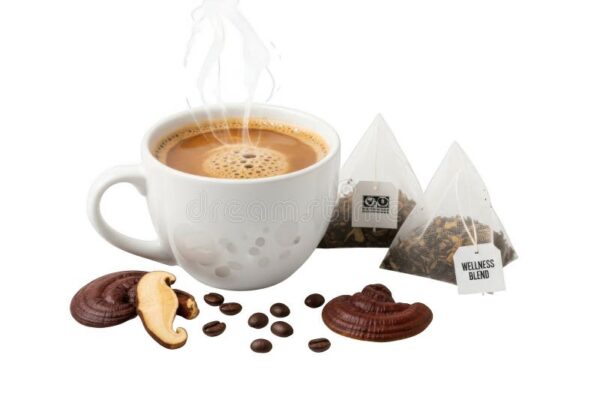Blog
How Organic Decaf Coffee is Made
Coffee is an everyday part of our morning ritual, providing many people with that boost they need to face their day ahead. Unfortunately, however, many consumers who choose decaf are unaware of its use in production by popular brands – including some using chemical-derived substances from paint strippers that are linked with liver, kidney and cognitive impairment – yet these companies don’t need to disclose this fact on their labels.
This can be especially troubling for vulnerable populations such as pregnant women, seniors and those living with heart disease who depend on decaf options to get their caffeine fix. But there are alternatives to methylene chloride that are much safer – the key lies in knowing where they can be found.
The most widely employed decaffeination technique employs chemical solvents – typically methylene chloride or ethyl acetate – which are circulated through green coffee beans to extract caffeine molecules and then rinsed in hot water before being steamed and washed to remove any remaining solvent residues. After repeated soakings until desired level of decaffeination has been attained, roasting will resume as normal and final product can then be enjoyed!
Other than using direct solvent decaffeination methods, some companies also utilize indirect processes that involve soaking beans in water for decaffeination. While this method is generally considered safer than direct solvent techniques, depending on how long beans soak for, flavor loss could still occur depending on how long beans remain submerged. This indirect technique, also referred to as Swiss-water decaffeination process is often chosen when producing organic or fair trade certified coffee as it’s more environmentally-friendly.
Some roasters and producers employ natural carbon dioxide decaffeination processes to decaffeinate coffee beans. This “green” or “natural” method produces similar results as direct solvent techniques (i.e., some flavor/aromatic loss).
No roaster or producer is legally obliged to disclose their decaffeination process; therefore, to be sure you are getting a healthy and safe cup of joe, look out for packaging claims like solvent-free, chemical-free Swiss water or certified organic. Many brands even provide this information voluntarily on their websites.
Mount Hagen’s Organic Instant Decaf is one such organic decaf product available that’s free from harmful chemicals like methylene chloride. We suggest visiting their website to gain more insight into this delicious product as it was sourced, processed, produced and certified Kosher-Parve by Va’ad HaRabanim of Greater Seattle for year-round consumption excluding Passover.



